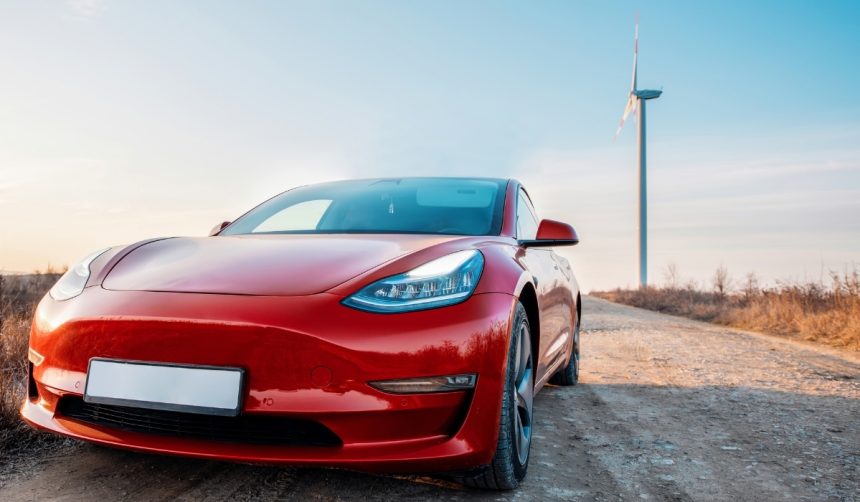Tesla has reported a rare decline in electric vehicle deliveries for the first time in its history. The company’s latest figures reveal a slight decrease in global shipments, contrasting with its soaring stock prices. Investors seem increasingly detached from Tesla’s core automotive performance, focusing instead on speculative growth areas.
In previous years, Tesla consistently achieved growth in both vehicle deliveries and stock value. However, recent data indicates a cooling in demand within key markets, potentially signaling a shift in the company’s operational dynamics. This contrasts with the earlier trend of simultaneous expansion in sales and market capitalization.
How Have Tesla’s European Sales Been Affected?
Tesla experienced a significant decline in European sales last year, marking a 14 percent reduction in deliveries.
“The drop in Europe represents a challenging market for Tesla,”
industry analysts remarked, highlighting increased competition and market saturation as contributing factors.
What Growth Has Tesla Seen in China?
Contrarily, Tesla’s sales in China demonstrated resilience, with an 8.8 percent increase to over 657,000 vehicles delivered last year.
“China remains a pivotal market for Tesla’s growth strategy,”
a company spokesperson stated, underlining the effective expansion despite stiff competition from local manufacturers like BYD.
How Have Elon Musk’s Political Ties Influenced Tesla’s Stock?
Elon Musk’s substantial financial support for Donald Trump’s election campaign has had notable effects on Tesla’s stock performance.
“Musk’s involvement in politics has undoubtedly influenced investor confidence,”
financial experts noted, as Tesla’s stock surged 66 percent following Trump’s victory, reaching a valuation of $1.26 trillion.
Tesla’s current performance reflects a complex interplay between market dynamics and investor sentiment. While challenges in Europe indicate potential barriers in established markets, growth in China underscores the importance of emerging regions. Additionally, the influence of leadership’s political engagements suggests that external factors may play a significant role in the company’s financial trajectory. Stakeholders should monitor these developments closely to gauge Tesla’s future positioning in the global automotive industry.










